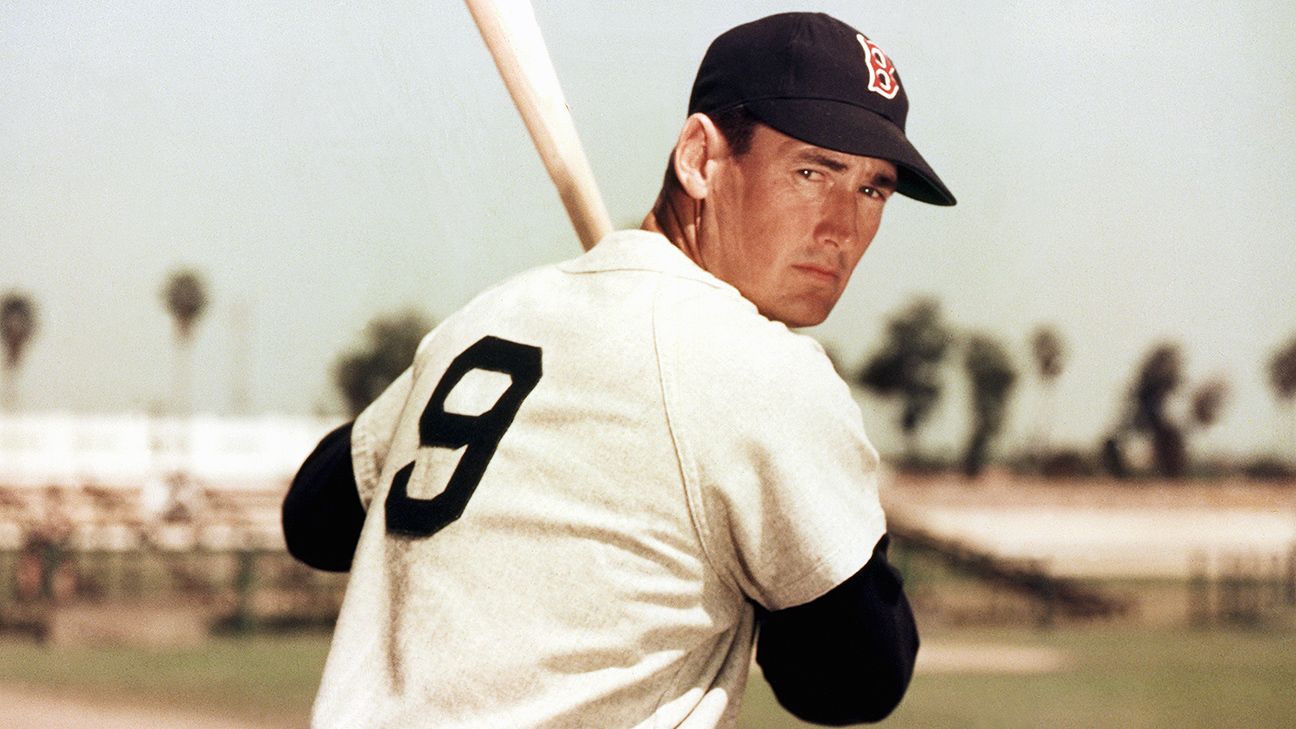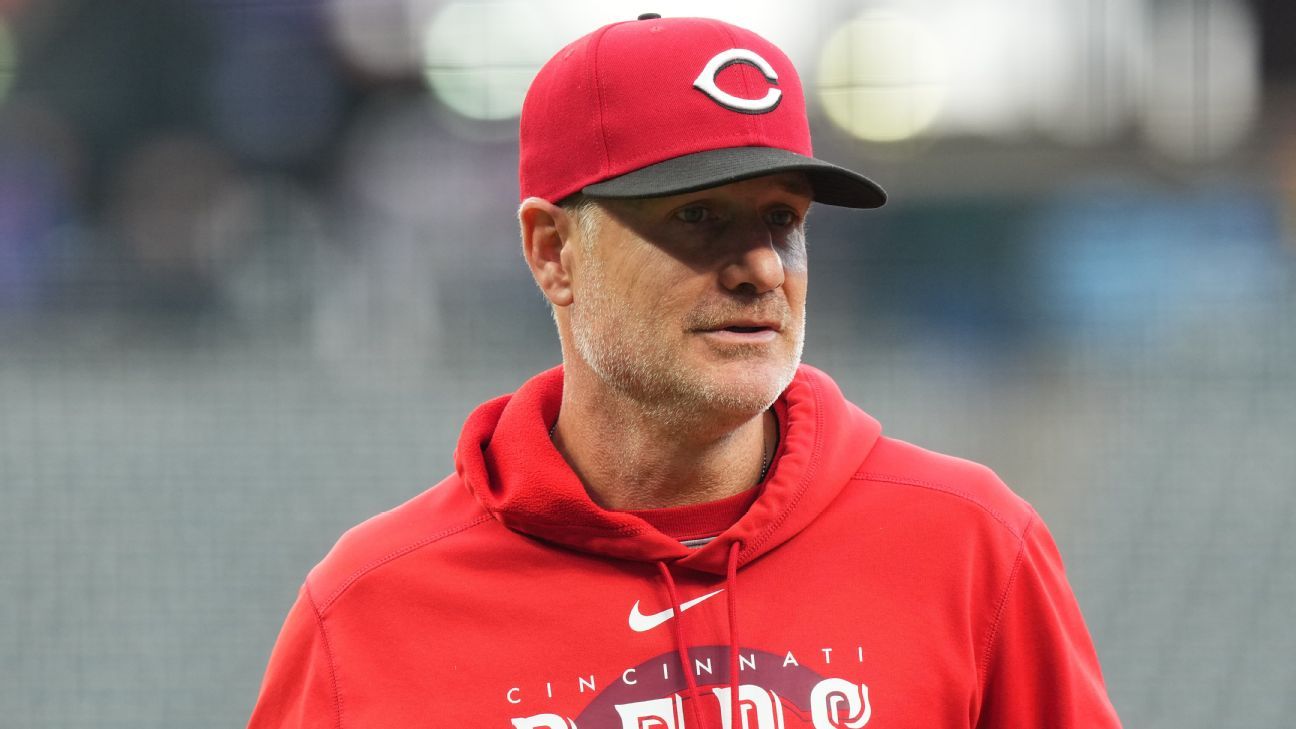
After making huge progress in 2019, the British steeplechaser finds herself in with a shot of Tokyo 2020 selection, writes Daniel Rees
Given that Lizzie Bird has occupied a place in the British top 10 annual rankings for seven years in a row, her ascent to the top of the UK lists this season should not come as much of a surprise.
In recent years the 3000m steeplechaser has managed to slip under the radar, but a stand-out 2019 has surely put an end to her status as one of the country’s lesser-known athletes. At the British Championships in August, the 25-year-old secured her place at the World Championships following a thrilling stand-off with Rosie Clarke, eventually succumbing to the defending champion. In Doha, though, it was Bird who had the last word, setting a UK-leading time of 9:30.13 to ensure that she set her fifth personal best in eight races.
Most impressive of all, her 9:30.13 clocking was 23 seconds faster than she ran prior to 2019. Now sitting third on the UK all-time list, it is safe to say that Bird is soaring to new heights.
“Doha was a completely new and, in some ways, bizarre experience,” she says. “In terms of performance, I was really happy. Although I could’ve made the final if I made a move sooner than I did. The one mistake I made during the race was giving Allie Ostrander too much respect – it took me a full lap to work up the courage to go past her and it cost me a spot in the final as I didn’t have enough time to make up the ground after that.”
Bird’s road to being the UK No.1 has certainly been an unorthodox one. Unlike her contemporaries she has not trained at Loughborough or St Mary’s – nor has she based herself at one of the major US colleges. When applying for university six years ago, Bird opted for Princeton in a bid to give herself an opportunity in another career in case athletics fell flat.
“I wanted to do both athletics and academics,” Bird explains. “I think in the UK, at least to my 18-year-old self, it seemed I had to make a choice to either pursue athletics at Loughborough or Birmingham and set academics on the back foot, or go fully into the academics at somewhere like Oxford or Cambridge. Princeton offered both and did a really good job in providing a set-up where I could do both to a high level.”
One coach warned Bird she would return injured if she enrolled at an intensive running college in the US. Princeton, however, offered academic standing alongside a less intensive athletics set-up – and that’s where the steeplechase comes in.
Bird had never considered competing in the event before enrolling at Princeton. Yet the persuasions of the university’s cross-country captain, as well as her coach, won her round.
“I was sort of reluctant to try it at first,” she says. “There is this attitude in the UK that steeplechase is for 1500m runners who aren’t quite good enough to be top at 1500m. I was really put off the event at a young age, but then I went to Princeton and I ran the cross-country season. I had a go, tried some drills, and did a race which went well. I really liked the water jump. That’s definitely my favourite part of the event.”
“There is this attitude in the UK that steeplechase is for 1500m runners who aren’t quite good enough to be top at 1500m”
Bird’s first couple of years in the United States were encouraging. She ranked seventh in the UK in her first season competing as a steeplechaser and earned a GB under-23 vest in 2015. Then came the injuries.
She was beset by illness and stress fractures in 2016-17 and a subsequent move to the University of San Francisco followed. The 2018 summer season was another write-off, prompting Bird to give herself an ultimatum: succeed in 2019, or focus all her energies on her working career.
“I took the whole of last summer off,” she recalls. “I didn’t want to have another injury that would prevent me from just going out for a hike or an easy run. That was the most frustrating thing about those injuries. I graduated in December last year, and my coach [Pat McCurry] said he could get me running 9:30, so I thought I would give it one last go.”
With Bird sensing the 2019 season might be her last throw of the dice, the weight of expectation was lifted from her shoulders. “When I thought ‘I don’t care anymore,’ I started having fun and running well so didn’t want to stop,” she says.
Post-university, Bird was working as an immigration assistant, but a run-of-the-mill holiday back home in June turned into a major turning point. She decided it was now or never in her pursuit for selection in Doha – and she handed in her notice.
“I came home in June intending to come for a week. I told my office I was coming back in 10 days and was absolutely intending to. Then I raced at the Watford Open four days after I got back and it was atrocious. I think that was the push I needed to realise that I couldn’t really work and train for the summer.”
Then suddenly it all clicked. She ran a PB in France (9:41.93) and another (9:36.84) in Finland. Then, with the Worlds standard in the bag, she won silver at only her second British Championships.
Bird’s performance at the World Championships then completed a miraculous turnaround. It may have been her first senior international call-up, but she now finds herself just 13 hundredths of a second off the Olympic standard for Tokyo.
“If you asked me in January if I were planning to train for the 2020 Olympics I would have said ‘no chance’,” she says.
Bird has since deferred her place at law school in Boulder, Colorado, opting to focus on a place at the Olympics. She recuperated in the off-season by backpacking in Desolation Wilderness, an area in California practically devoid of human activity. Now back in San Francisco, Bird has resumed winter training – but even then, she has an ambition that burns even brighter than her aspiration of making the Olympics:
“Immigration law is the career I want to go into. Ideally what I’d really like to do is find an immigration organisation to work with while I train because that’s really what I care about most outside running. I’ve been very hesitant to put everything into running in the past. I’m treating this as a nine-month period where I’m putting this time aside to train for the Olympics. After that I can get on with the rest of my life.”















 Phone: (800) 737. 6040
Phone: (800) 737. 6040 Fax: (800) 825 5558
Fax: (800) 825 5558 Website:
Website:  Email:
Email: 






